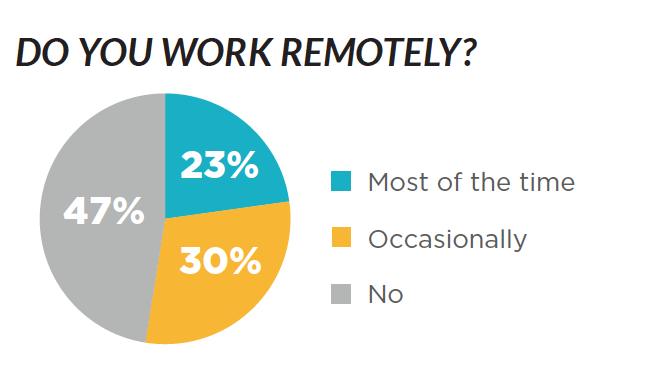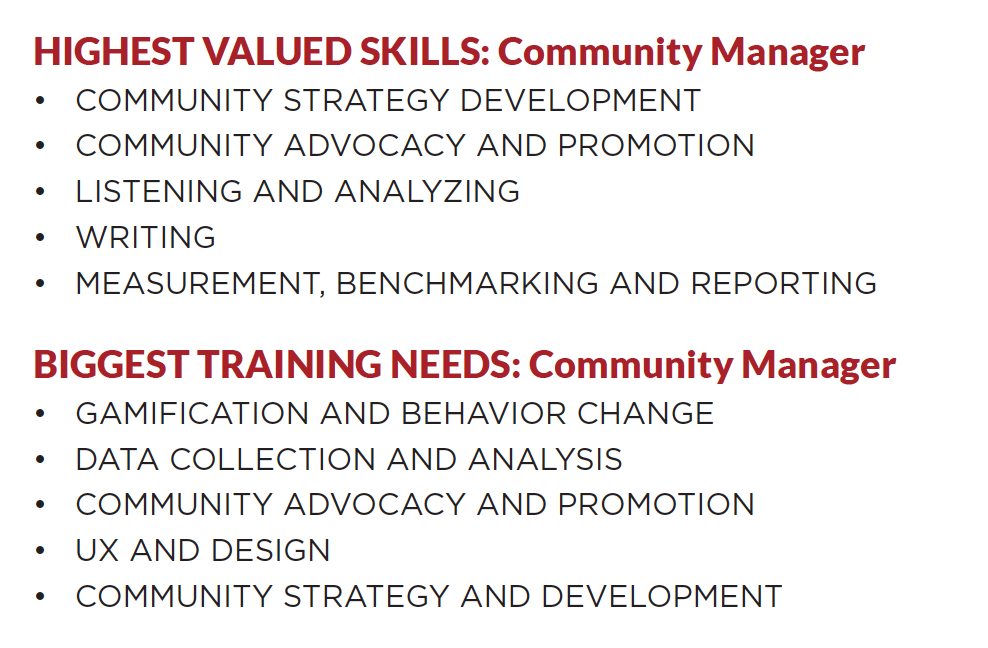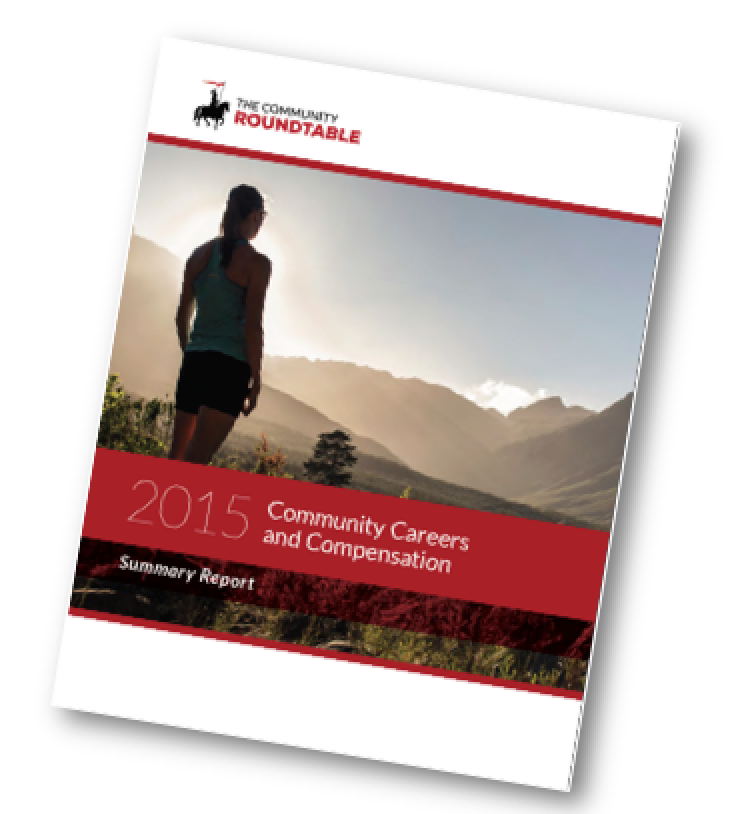Community Manager is by far the most often cited and discussed role in the community space for a couple of reasons. First, in the past online communities were used primarily for tactical reasons, which often did not warrant more senior roles. Secondly, communities were often run by ‘lone wolf’ community professionals who did not directly manage a team, but were responsible for everything from strategy to moderation. Community manager seems to have been the best catchall title to give to someone without direct reports, but who had a breadth of responsibility.
The community space has come a long way, but the Community Manager role has a wide variation in responsibilities, compensation and reporting levels. Community managers are often expected to do a bit of everything, and while the role is evolving it still requires generalists who handle a diverse set of responsibilities.
Community Managers in the Organization

Our research has shown that community managers work predominantly for corporations vs. agencies or as independents — suggesting that organizations are seeing the value in investing in community management for the long haul. Community managers often work with communities scattered around the globe, giving them the opportunity to work remotely — a benefit that accrues to both internal and external community managers.
Community managers typically report to someone at the director level, with only about a third reporting to a vice president or higher. Despite the manager title, most community managers don’t manage anyone. Our research shows that only about a third have direct reports, either employees or volunteers.
Skills and Training Needs

Community managers’ top five most valued skills get to the heart of the tactical day-to-day monitoring and management of communities. Their most desired areas for training suggest an interest in digging deeper to drive engagement and understand what specific elements lead to community success. These training needs also suggest an opportunity for community professionals to develop into community specialists such as Community Architects, Community Analysts and Community Strategists.
Performance Evaluation
While community metrics are part of the evaluation of a community manager’s performance, the voice of the community is rarely part of the process. Just 5% of community managers say a review from the community is part of their performance evaluation — versus 91% who say they receive a manager assessment and 72% who submit a self-assessment.

